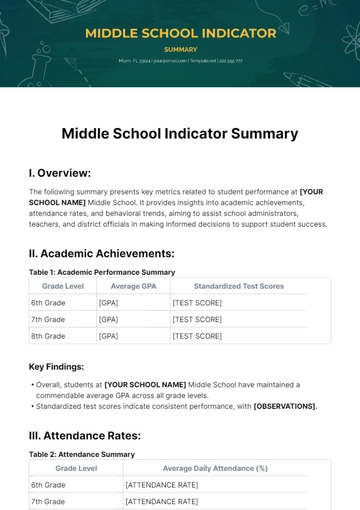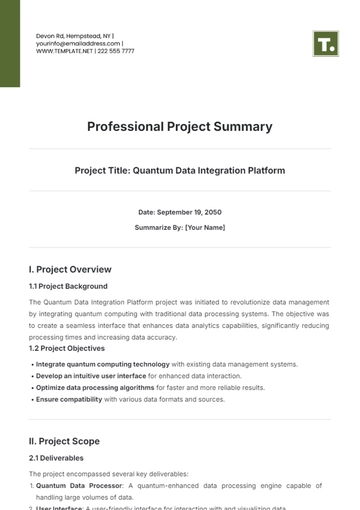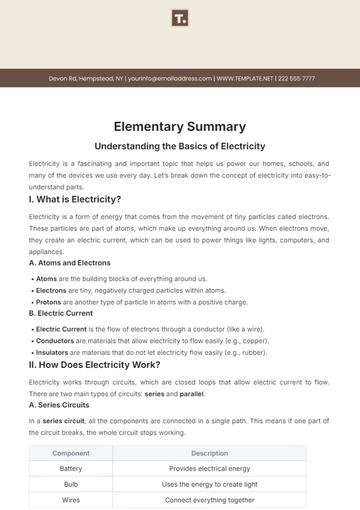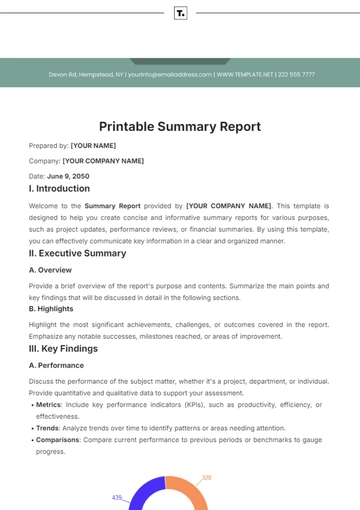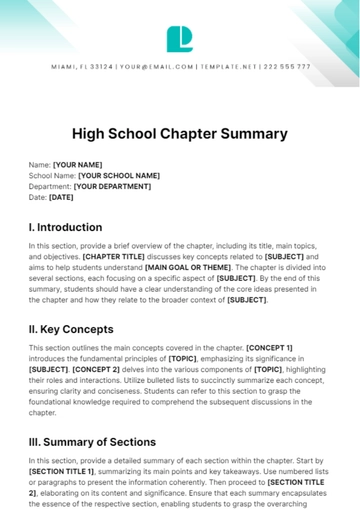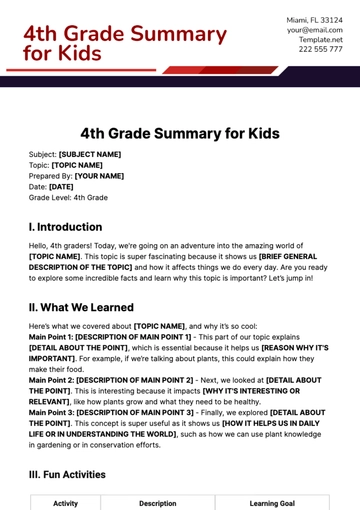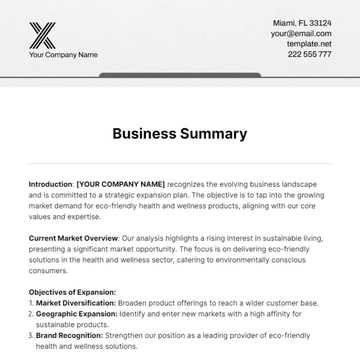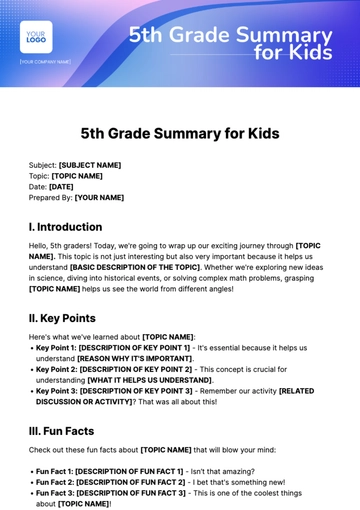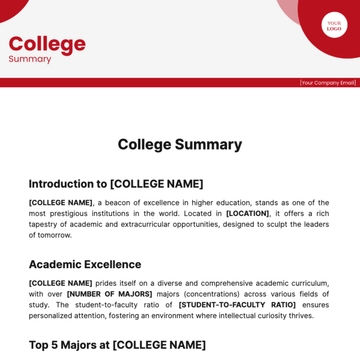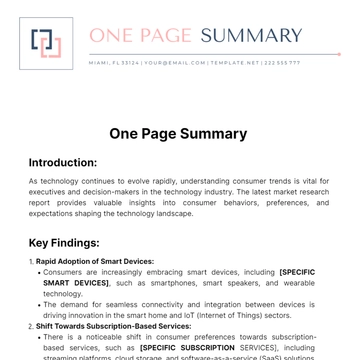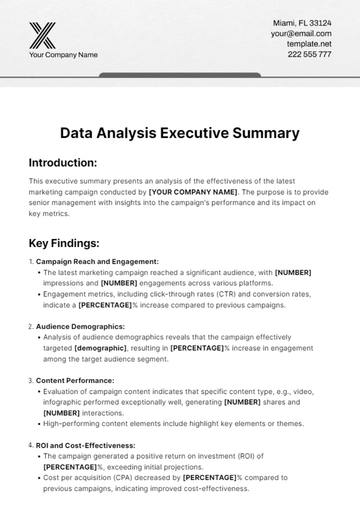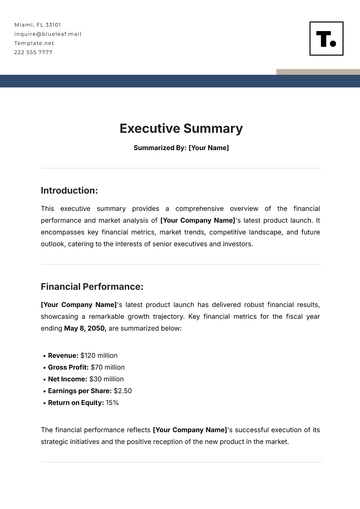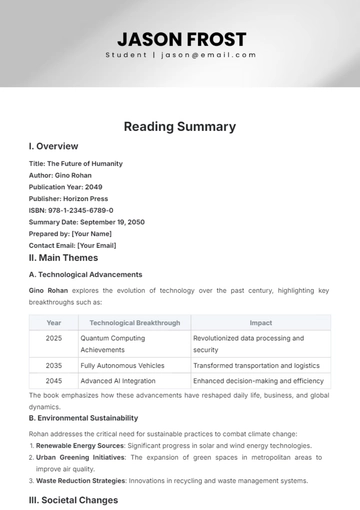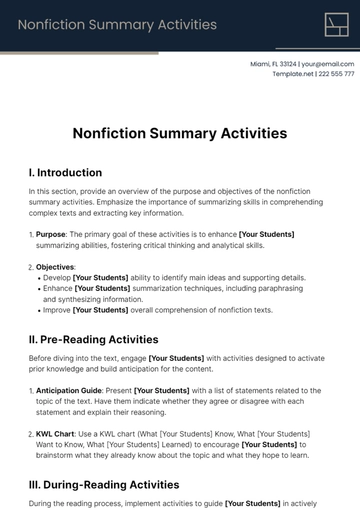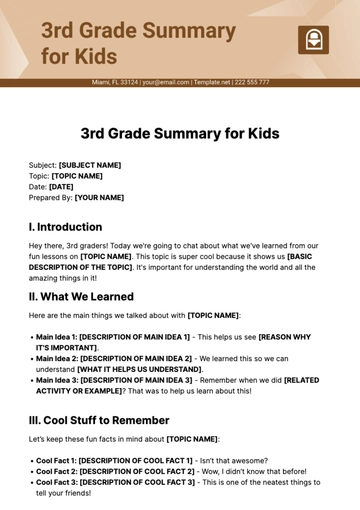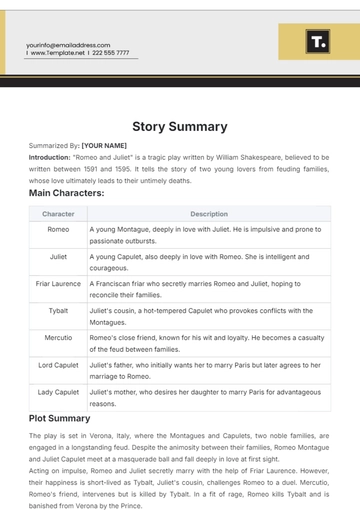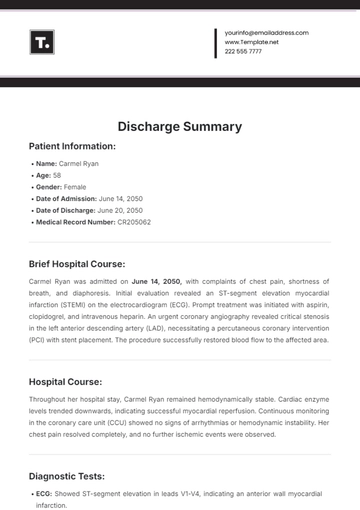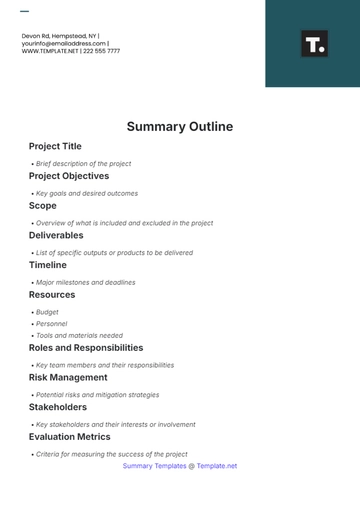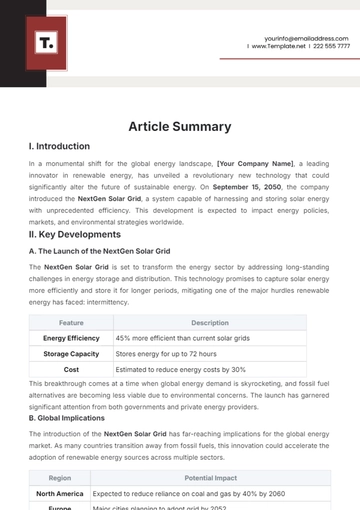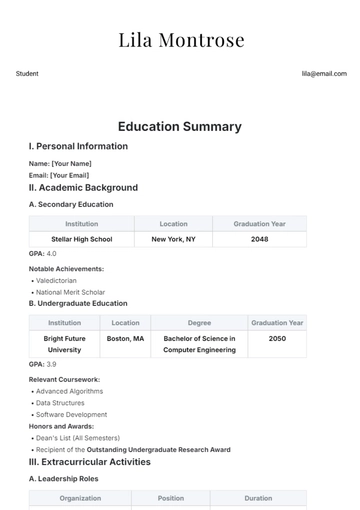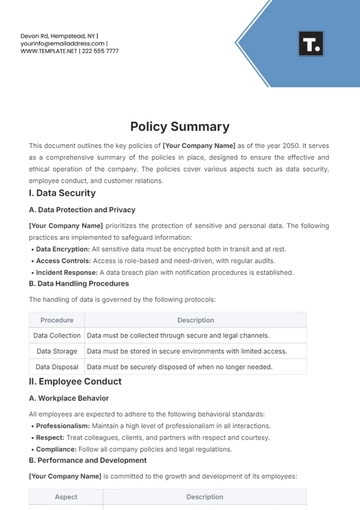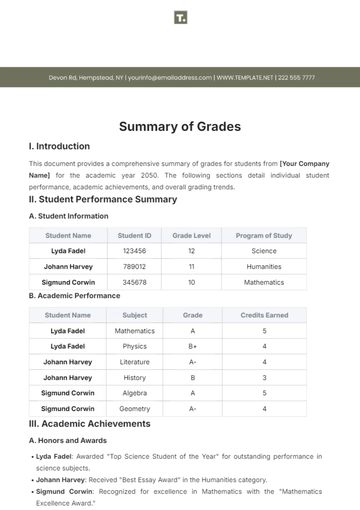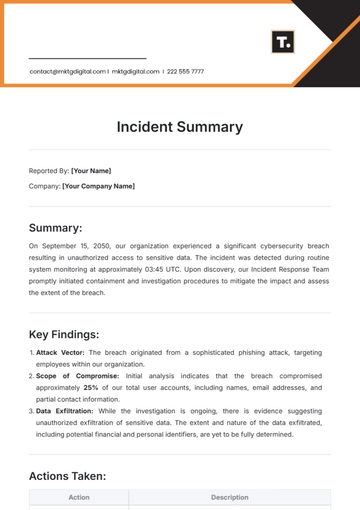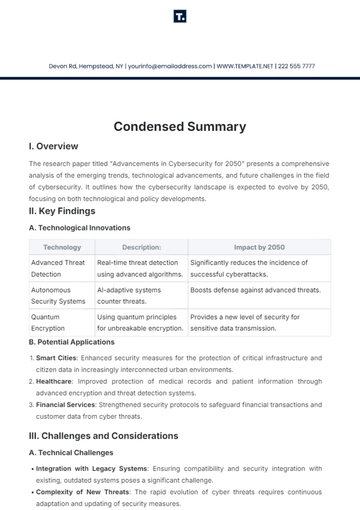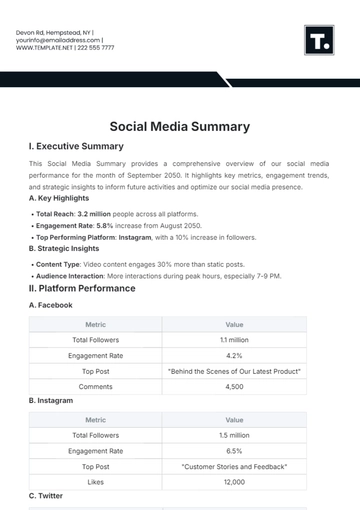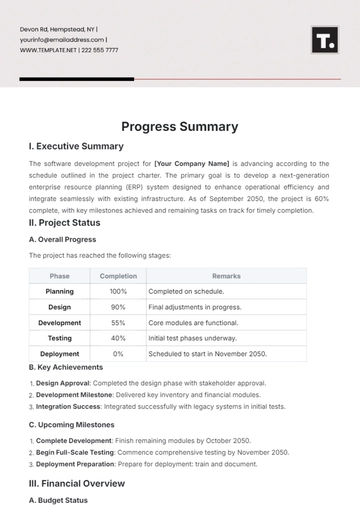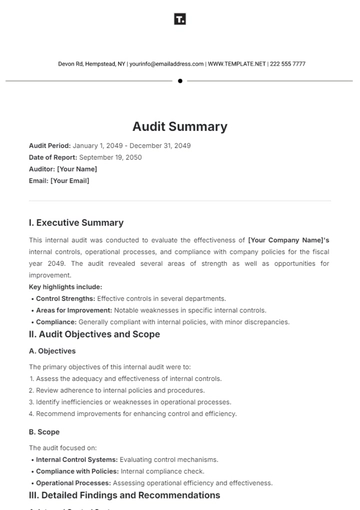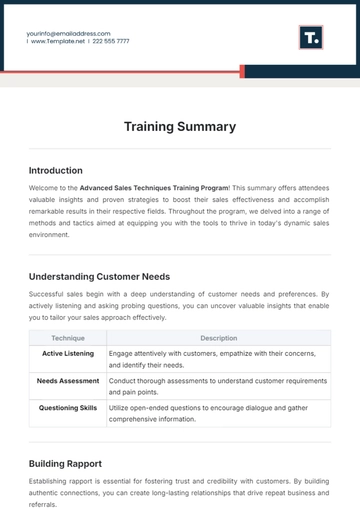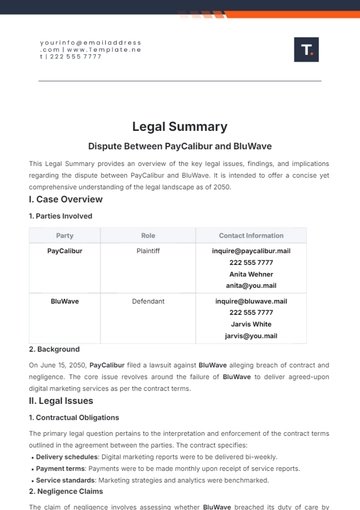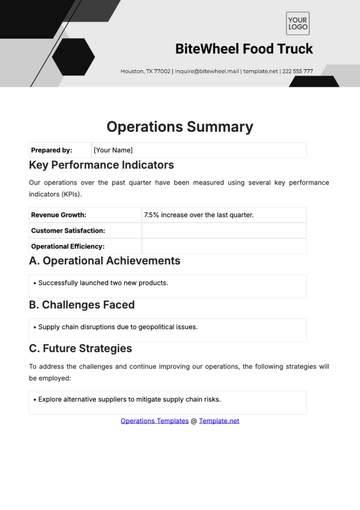Free Curriculum studies Article Summary
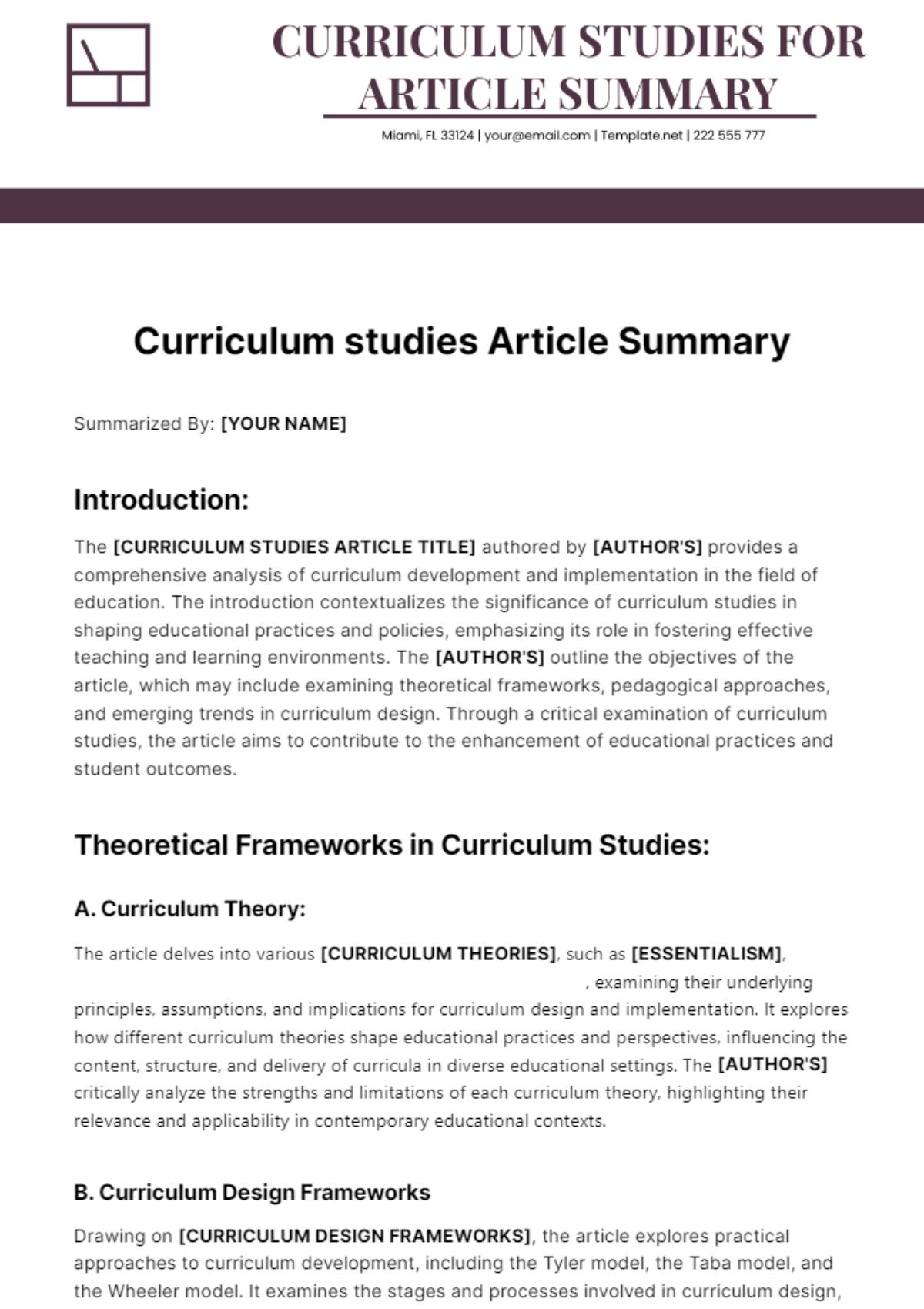
Summarized By: [YOUR NAME]
Introduction:
The [CURRICULUM STUDIES ARTICLE TITLE] authored by [AUTHOR'S] provides a comprehensive analysis of curriculum development and implementation in the field of education. The introduction contextualizes the significance of curriculum studies in shaping educational practices and policies, emphasizing its role in fostering effective teaching and learning environments. The [AUTHOR'S] outline the objectives of the article, which may include examining theoretical frameworks, pedagogical approaches, and emerging trends in curriculum design. Through a critical examination of curriculum studies, the article aims to contribute to the enhancement of educational practices and student outcomes.
Theoretical Frameworks in Curriculum Studies:
A. Curriculum Theory:
The article delves into various [CURRICULUM THEORIES], such as [ESSENTIALISM], [PROGRESSIVISM], and [SOCIAL RECONSTRUCTIONISM], examining their underlying principles, assumptions, and implications for curriculum design and implementation. It explores how different curriculum theories shape educational practices and perspectives, influencing the content, structure, and delivery of curricula in diverse educational settings. The [AUTHOR'S] critically analyze the strengths and limitations of each curriculum theory, highlighting their relevance and applicability in contemporary educational contexts.
B. Curriculum Design Frameworks
Drawing on [CURRICULUM DESIGN FRAMEWORKS], the article explores practical approaches to curriculum development, including the Tyler model, the Taba model, and the Wheeler model. It examines the stages and processes involved in curriculum design, from needs assessment and goal setting to implementation and evaluation. The[AUTHOR'S] discuss how these curriculum design frameworks facilitate the alignment of educational objectives with instructional strategies and assessment practices, promoting effective teaching and learning experiences.
Current Trends and Challenges in Curriculum Studies:
The article explores current trends and challenges in curriculum studies, focusing on two key areas: [TECHNOLOGY INTEGRATION IN CURRICULUM] and [DIVERSITY AND INCLUSION IN CURRICULUM]. In the section discussing technology integration, it addresses the growing role of [TECHNOLOGY] in reshaping teaching and learning practices. The authors examine the benefits, including enhanced accessibility and personalized learning experiences, as well as the challenges, such as concerns about digital equity and privacy. They provide insights into effective strategies for leveraging technology to enhance curriculum effectiveness and address emerging educational needs. In the section on diversity and inclusion, the article emphasizes the importance of [DIVERSITY AND INCLUSION] in promoting cultural responsiveness, equity, and social justice within educational curricula. It discusses strategies for integrating diverse perspectives, experiences, and identities into curricular content and pedagogical practices.
KEY OUTCOMES:
Understanding Curriculum Theories: Readers gain insights into various [CURRICULUM THEORIES], including essentialism, progressivism, and social reconstructionism, understanding how these theories influence curriculum design and implementation.
Exploration of Curriculum Design Frameworks: The article explores practical [CURRICULUM DESIGN FRAMEWORKS] such as the Tyler model and the Taba model, providing educators with strategies for effective curriculum development and alignment with educational objectives.
Integration of Technology in Curriculum: Readers learn about the increasing role of [TECHNOLOGY] in curriculum development, including its potential benefits for personalized learning and concerns regarding digital equity and privacy.
Promotion of Diversity and Inclusion: The article highlights the importance of [DIVERSITY AND INCLUSION] in curriculum studies, emphasizing strategies for promoting cultural responsiveness and equity within educational curricula.
Conclusion:
In conclusion, the [Curriculum Studies Article Title] provides a comprehensive exploration of curriculum studies, offering valuable insights into theoretical frameworks, curriculum design approaches, and current trends and challenges in education. The [AUTHOR'S] emphasize the importance of curriculum studies in shaping educational practices and outcomes, advocating for ongoing research and innovation in curriculum development and implementation. The article concludes with recommendations for educators, policymakers, and curriculum developers, highlighting the need for collaborative efforts to create inclusive, responsive, and effective educational curricula that meet the diverse needs of learners in the 21st century.
- 100% Customizable, free editor
- Access 1 Million+ Templates, photo’s & graphics
- Download or share as a template
- Click and replace photos, graphics, text, backgrounds
- Resize, crop, AI write & more
- Access advanced editor
Unlock the essence of curriculum studies effortlessly with Template.net's Article Summary template. This meticulously crafted resource is both editable and customizable, allowing educators and researchers to tailor their summaries with ease. Editable in our Ai Editor Tool, it streamlines the process of dissecting and analyzing crucial educational content.
